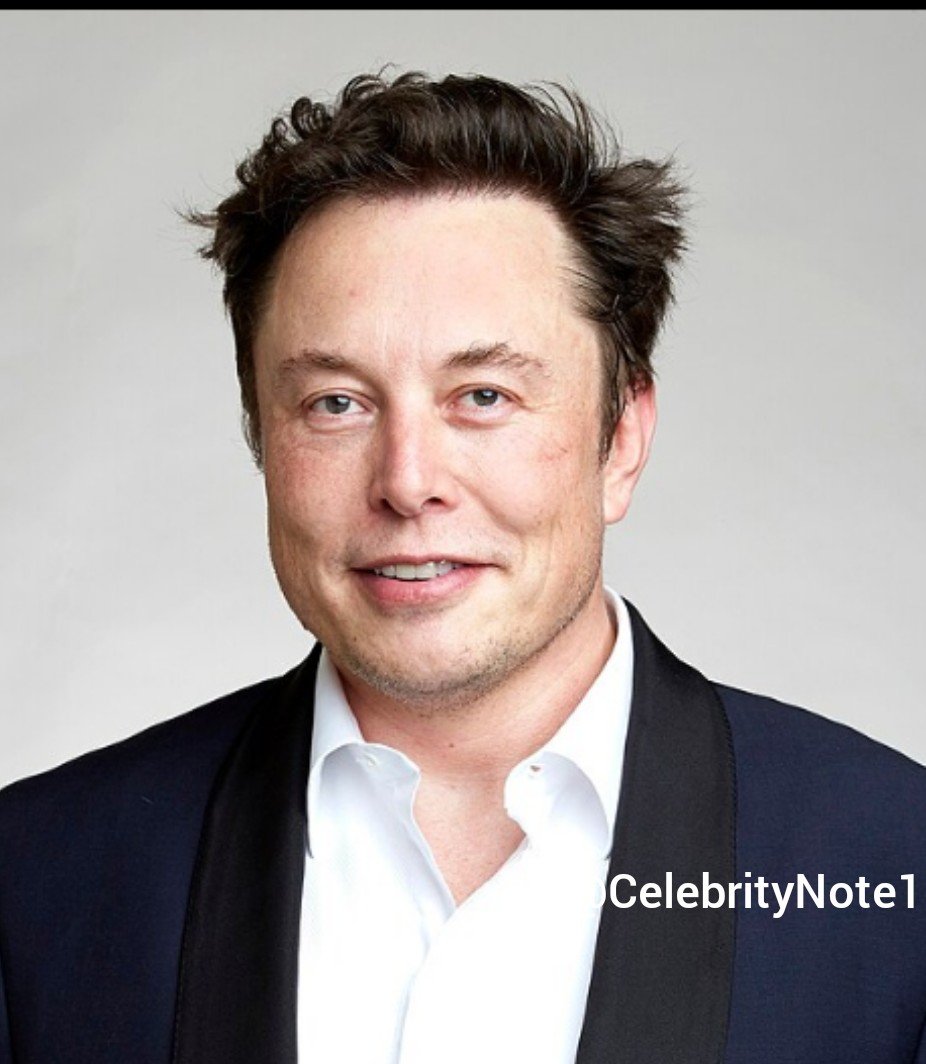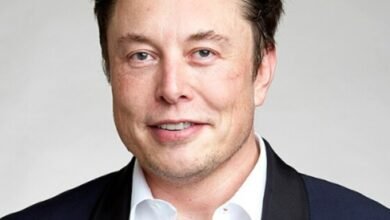Elon Musk Slams Legacy News, says it is Misleading, Depressing, and Behind the Times.

Tesla and SpaceX CEO Elon Musk has never been one to mince words, and his latest critique of the legacy news media is no exception.
Advertisements
In a recent tweet, Musk expressed his disappointment and frustration with the state of traditional news reporting.
Musk’s tweet was sparked by a casual glance through the legacy news, which left him underwhelmed.
READ MORE NEWS:
| Wikipedia Under Fire: Elon Musk Urges Americans to Halt Donations Over “Woke” Spending.
| “There are many Onitsha men richer than Elon Musk” – an X user claims.
| Reno Omokri Shatters “The Hard Work Myth”, says Hustling Isn’t Enough for Success.
He described the experience as “misleading, depressing, and reporting on what everyone already learned on 𝕏 days ago.” This scathing assessment highlights the growing disconnect between traditional news outlets and the rapidly changing media landscape.
So, what’s behind Musk’s criticism of legacy news? For starters, traditional news outlets have long been accused of sensationalism and bias.
The 24-hour news cycle and the pressure to attract viewers and readers have led many outlets to prioritize clickbait headlines and provocative commentary over fact-based reporting.
Another issue with legacy news is its tendency to lag behind the curve. With the rise of social media and online news sources, many people are now getting their news in real-time.
Traditional news outlets, on the other hand, often seem stuck in a bygone era, reporting on stories that are already old news by the time they hit the airwaves or print.
Musk’s critique of legacy news is not just a rant – it’s also a reflection of the changing media landscape. With the rise of social media, podcasts, and online news sources, people are increasingly turning to alternative sources for their news.
Platforms like Twitter, where Musk is extremely active, have become important hubs for real-time news and discussion. Online news sources like The Verge, Vox, and BuzzFeed are also attracting large audiences with their in-depth reporting and innovative storytelling.
So, what does the future hold for legacy news? To remain relevant, traditional news outlets will need to adapt to the changing media landscape.
This means investing in digital infrastructure, hiring talented journalists who understand the online space, and prioritizing fact-based reporting over sensationalism.
Ultimately, Musk’s critique of legacy news is a wake-up call for traditional news outlets.
To survive in a rapidly changing media environment, they will need to innovate, adapt, and prioritize the needs of their audience.
What do you think? Do you agree with Elon Musk’s assessment of legacy news?
Share your thoughts in the comments.









